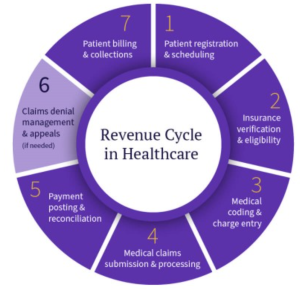Introduction
In the complex and ever-evolving landscape of healthcare, medical practitioners are not only focused on providing top-notch patient care but also on the financial health of their practices. Ensuring a steady cash flow, accurate billing, and efficient reimbursement processes is crucial to sustaining a healthcare facility. This is where Revenue Cycle Management (RCM) plays a pivotal role.
What Is Revenue Cycle Management?
Revenue Cycle Management is the systematic process of managing the financial aspects of a healthcare practice, from the moment a patient makes an appointment to the collection of payments for services rendered. It encompasses various stages, including patient registration, coding, billing, claims processing, and payment collection.
Why Is RCM Important for Healthcare Practices?
Financial Stability: RCM ensures the financial stability of healthcare practices. It streamlines billing processes, reduces claim denials, and accelerates reimbursements. A well-managed revenue cycle leads to consistent cash flow, allowing practices to cover expenses and invest in growth.
Billing Accuracy: Errors in medical billing can be costly. RCM helps in accurate coding and billing, reducing the risk of underbilling or overbilling. This accuracy ensures that healthcare providers are paid correctly for their services.
Compliance: The healthcare industry is heavily regulated. RCM helps practices stay compliant with various healthcare regulations, including the Health Insurance Portability and Accountability Act (HIPAA). Compliance not only avoids legal issues but also builds trust with patients.
Enhanced Patient Experience: A smooth billing and payment process contributes to a positive patient experience. Patients appreciate transparent billing, easy payment options, and minimal billing disputes. It fosters trust and patient loyalty.
Efficiency: RCM streamlines administrative tasks. It automates many aspects of billing, reduces paperwork, and improves workflow efficiency. Staff can focus more on patient care and less on administrative chores.
Key Components of Revenue Cycle Management
- Effective RCM involves several key components:
- Patient Registration: Accurate and complete patient information is gathered during registration, ensuring smooth billing processes.
- Coding and Documentation: Medical codes are assigned to diagnoses and procedures for billing. Proper documentation is essential for coding accuracy.
- Claims Submission: Claims are submitted to insurance companies electronically or through paper claims, following insurance guidelines.
- Claims Processing: Insurance companies review claims for accuracy and coverage. Any denials or rejections are addressed promptly.
- Payment Posting: Payments from insurance companies and patients are posted to patient accounts.
- Follow-Up and Collections: Unpaid or underpaid claims are followed up, and collections are managed.
Conclusion
In an era where healthcare practices are facing increasing financial challenges, Revenue Cycle Management emerges as a lifeline. It ensures not only financial stability but also compliance and efficiency. A well-implemented RCM process contributes to better patient experiences, enhances the practice’s reputation, and supports sustainable growth.
Don’t underestimate the power of effective Revenue Cycle Management. It’s not just about numbers; it’s about securing the financial health of your healthcare practice and your ability to continue providing quality care to your patients.
Remember, investing in RCM is an investment in the future success of your practice.
For more insights and assistance in optimizing your Revenue Cycle Management, contact us at Way2Cloud.
Thank you for reading!

We’ll be an extended part of your team
In the complex and ever-evolving landscape of healthcare, medical practitioners are not only focused on providing top-notch patient care but also on the financial health of their practices. Ensuring a steady cash flow, accurate billing, and efficient reimbursement processes is crucial to sustaining a healthcare facility. This is where Revenue Cycle Management (RCM) plays a pivotal role.

